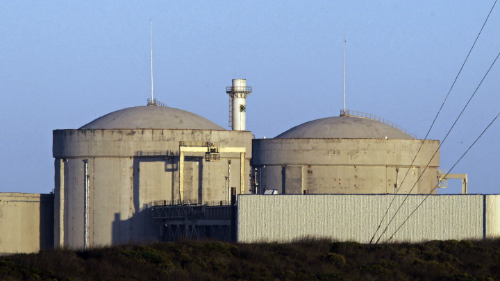More African Countries Eye Nuclear Energy But Projects Lag

TLDR
- More than 20 African countries have announced plans to explore nuclear energy, but only four have moved beyond declarations into construction
- South Africa remains the only African nation with an operating nuclear plant. Egypt is building the Dabaa project, a $30 billion facility
- Three other countries—Ghana, Kenya, and Nigeria—are preparing for plant construction, having entered advanced planning stages
More than 20 African countries have announced plans to explore nuclear energy, but only four have moved beyond declarations into construction or concrete preparatory work, according to the International Atomic Energy Agency (IAEA).
South Africa remains the only African nation with an operating nuclear plant. Egypt is building the Dabaa project, a $30 billion facility with four Russian-built Rosatom reactors and 4,800 MW of capacity. The first unit is scheduled for completion in 2028 after regulators approved a spent fuel storage facility earlier this year.
Three other countries—Ghana, Kenya, and Nigeria—are preparing for plant construction, having entered advanced planning stages. Morocco and 10 others, including Algeria, Rwanda, and Ethiopia, remain in phase one feasibility studies, while nine states, from Ivory Coast to Zimbabwe, are still in “pre-phase one.”
Global nuclear giants such as France’s EDF, Korea’s Kepco, Russia’s Rosatom, and China’s CNNC are competing for contracts, with China dominating recent global reactor launches.
Daba's newsletter is now on Substack. Sign up here to get the best of Africa's investment landscape
Key Takeaways
Africa’s nuclear aspirations reflect the continent’s urgent power deficit—over half its population lacks electricity—and the appeal of non-intermittent, low-emission baseload power. Yet nuclear’s capital intensity, financing challenges, and long build times make progress slow. Egypt’s Dabaa project illustrates both the scale of ambition and dependence on foreign partners, with Russia financing $25 billion of its cost. For Ghana, Kenya, and Nigeria, moving from preparatory work to construction will hinge on political will, regulatory strength, and financing. Meanwhile, dozens of African governments signal interest, partly to attract attention from global nuclear suppliers vying for new markets. Whether this translates into operating plants remains uncertain. In the near term, Africa’s nuclear landscape will remain dominated by South Africa’s Koeberg plant and Egypt’s under-construction Dabaa facility, while the rest of the continent lags far behind rhetoric.

Next Frontier
Stay up to date on major news and events in African markets. Delivered weekly.
Pulse54
UDeep-dives into what’s old and new in Africa’s investment landscape. Delivered twice monthly.
Events
Sign up to stay informed about our regular webinars, product launches, and exhibitions.




